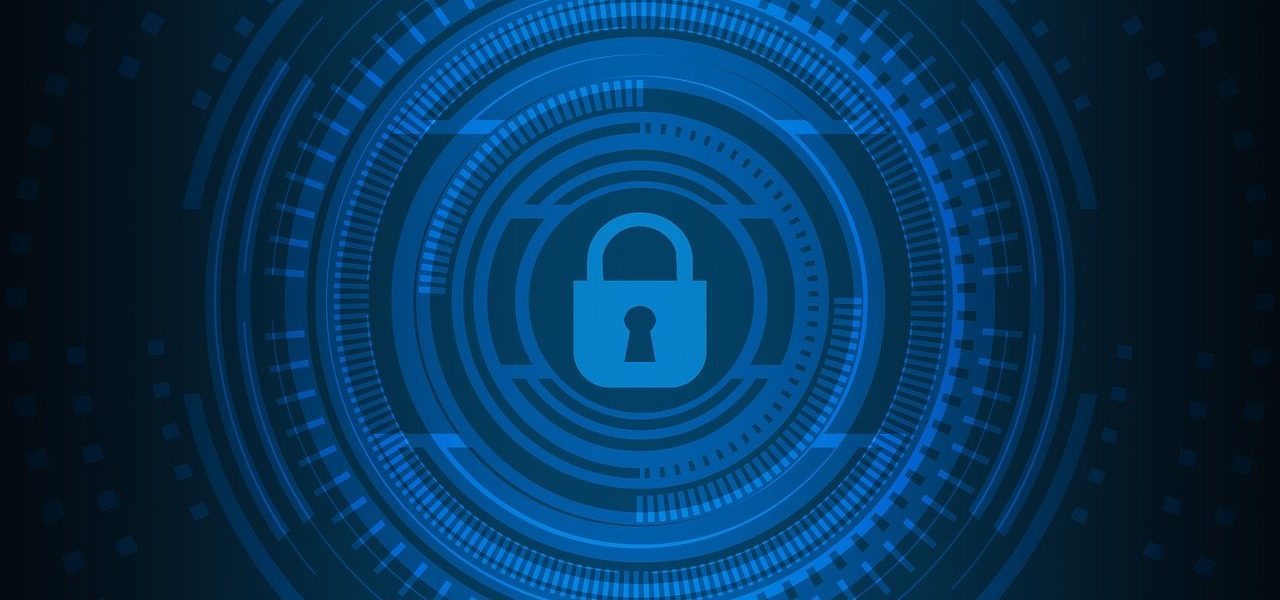The reliance of the modern world on digital technologies is growing. Because of this reliance, cyber security risks are becoming an integral part of our daily life. Hence, it is essential that we know what we face when we go online and how to safeguard oneself. The sophistication, frequency, and severity of cyber threats and attacks have all grown. Cybersecurity is now a societal concern that touches all part of our lives in today’s interconnected digital world. Let’s dive into this to know more:
The Importance of Understanding Human Behavior in Increasing Safety
Humans are still the weakest link in cybersecurity, despite technological advancements. Passwords and other sensitive information can be stolen and used to circumvent even the most robust firewalls and encryption systems if users carelessly disclose it. That’s why it’s crucial to study the psychology of cyber security.
Staff members should be educated on how to spot phishing scams and other prevalent cyber dangers on a regular basis as a preventative measure. As a result, fewer workers may fall into scams and disclose private information by accident.
Using behavioral analytics, which is keeping tabs on user actions for signs of suspicious activity, is another method. Data collected on user activity on company networks and systems can help security personnel see suspicious patterns that could indicate a security breach.
Analyzing the Costs and Benefits of Security Investments
Cybersecurity precautions are crucial, but they may come at a hefty price. In order to make the best use of available resources, it is crucial to weigh the pros and cons of potential security investments. To determine the most pressing cybersecurity threats, one strategy is to do a risk assessment. Organizations can use risk assessment to focus resources where danger is greatest.
A cost-benefit analysis is another method for gauging the value of security expenditures. This entails weighing the possible benefits of various security solutions, such as reduced risk, against their respective costs. Spending on cybersecurity can be made as efficient as possible if the business prioritizes expenditures based on their benefit-to-cost ratio.
How to Protect Data in a Decentralized Environment
Let’s talk about how to keep information secure in a distributed system.
-
Code Information
-
Safe methods of communication
-
Set up a Security System
-
Implement MFA for Enhanced Security
-
Keep an Eye on Network Action
-
Updating your software regularly is essential
Encryption is the process of encoding information so that it may be read only by those who have the key to decrypt it. Data in a decentralized setting should be encrypted both while at rest and in transit to protect it from prying eyes.
Secure lines of communication are crucial in a decentralized system. Virtual private networks (VPNs) are frequently used to encrypt data in transit from one device to another.
The purpose of access control is to ensure that only authorized users have access to sensitive information. To protect data from being accessed inappropriately in a decentralized setting, it is crucial to set up access control procedures.
With multi-factor authentication (MFA), users are required to present not one but multiple forms of identification before being granted access to sensitive information. Something the user knows, like a password, and something the user has, like a fingerprint or a key fob, are both acceptable forms of MFA.
In order to detect vulnerabilities and intrusions, monitoring network traffic is essential. Monitoring all devices in a decentralized system is crucial for immediately identifying and stopping any malicious behavior.
Software updates are very important in a decentralized setting to ensure data integrity. Security patches and bug fixes, which are frequently included in updates, can help stop vulnerabilities from being exploited by hackers.
The Future of Cybersecurity
Organizations need to anticipate and adapt to new cybersecurity risks as they emerge in order to keep themselves safe. Cybersecurity in the future will call for a comprehensive strategy that includes research and development, policymaking, and public awareness campaigns.
Getting enough qualified people to work in cybersecurity is difficult since there is a skills gap. Organizations will need to find innovative approaches to recruiting and retaining experienced cybersecurity workers as demand continues to outstrip supply. Offering attractive compensation and benefits, as well as fostering a positive work atmosphere, are all ways to attract and retain top cybersecurity talent.
The complexity of cyberattacks is growing, which presents another difficulty. Hackers are always coming up with new ways to bypass defenses and steal private information. Modern technology that can detect and react to threats in real time is essential for combating this problem.
Conclusion
These days, no one can get along without some form of digital technology. Because of this reliance, cyberattacks are now a regular part of life. Therefore, the need for strong cybersecurity measures is greater than ever. Knowing the risks, we face when using the internet and taking measures to mitigate them is crucial.





